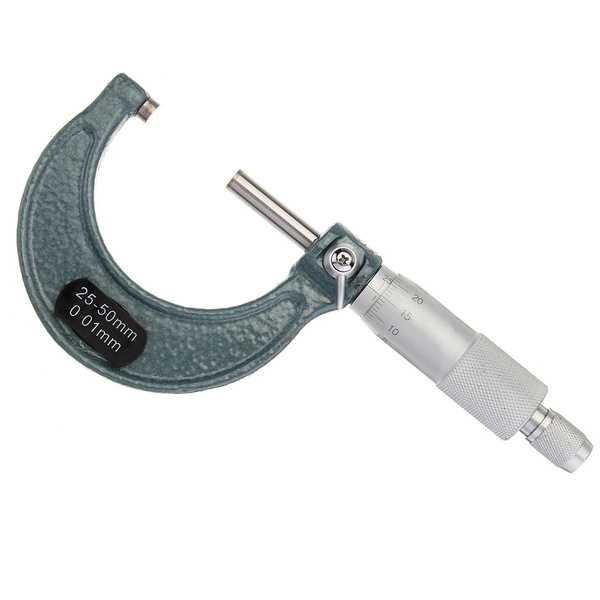This comprehensive guide explores the world of collets, providing essential information for selecting the perfect collet for your specific needs. We’ll cover different types, materials, applications, and crucial factors to consider for optimal performance and precision. Learn how to identify the right collet for your machining operations, ensuring efficiency and accuracy in your projects. Whether you’re a seasoned machinist or a beginner, this guide will equip you with the knowledge to make informed decisions when working with collets.
What are Collets?
Collets are precision gripping devices used in various applications, primarily in machining and manufacturing. They function by securely clamping a workpiece (typically a rod, tube, or other cylindrical object) within their jaws, enabling accurate and repeatable positioning. The gripping mechanism is usually achieved through a tightening action, often via a nut or screw. This allows for quick changes of workpieces and precise control throughout the operation. Different types of collets are designed for specific workpiece materials, sizes, and applications.

Types of Collets
Spring Collets
Spring collets are commonly used due to their simplicity and ease of use. They employ a spring mechanism to grip the workpiece. The spring’s pressure is adjusted through a nut or screw, allowing for secure clamping. These collets are ideal for lighter-duty applications where high precision isn’t paramount. Common materials include hardened steel.
Hydraulic Collets
Hydraulic collets offer greater clamping force and precision compared to spring collets. They use hydraulic pressure to actuate the gripping mechanism, enabling a much stronger and more consistent hold on the workpiece. These are suited for high-speed machining and applications demanding high accuracy. Materials often used include hardened steel and specialized alloys.
Pneumatic Collets
Pneumatic collets utilize compressed air to create the clamping force. They provide quick clamping and releasing cycles and are suitable for automated processes and high-volume production. The speed and efficiency are significant advantages. Materials often include hardened steel and sometimes aluminum alloys for lighter applications.
Drawbar Collets
Drawbar collets are commonly used in lathe chucks and other rotary tools. They employ a drawbar mechanism to pull the collet closed and grip the workpiece. They are known for their secure grip, precision, and repeatability, making them suitable for demanding machining operations. Materials are typically hardened steel or specialized alloys.

Choosing the Right Collet: Key Considerations
Selecting the appropriate collet involves considering several crucial factors:
- Workpiece Material: The material of the workpiece (e.g., steel, aluminum, brass) influences the required clamping force and the collet material.
- Workpiece Size and Tolerance: Accuracy is paramount. Select a collet with a bore size that precisely matches the workpiece’s diameter, accounting for tolerances.
- Application Requirements: The type of machining operation (e.g., turning, milling, drilling) impacts the collet selection. High-speed operations necessitate robust and precise collets.
- Clamping Force: Ensure the selected collet provides sufficient clamping force to securely hold the workpiece during operation, preventing slippage.
- Material of the Collet: Collet materials like hardened steel, carbide, or specialized alloys influence durability, precision, and resistance to wear.
Collet Materials and Their Properties
| Material | Properties | Applications |
|---|---|---|
| Hardened Steel | High strength, good wear resistance | General machining applications |
| Carbide | Excellent wear resistance, high hardness | High-speed machining, abrasive materials |
| Specialized Alloys | Tailored properties for specific applications | High-precision machining, demanding environments |
Finding Reliable Collet Suppliers
For sourcing high-quality collets, consider established manufacturers and distributors specializing in precision machining components. Thoroughly research potential suppliers, verifying their reputation and the quality of their products before making a purchase. Many online marketplaces offer a wide selection; however, always prioritize suppliers with strong reviews and a history of providing reliable products. Remember to check specifications carefully before ordering to ensure compatibility with your machinery and applications. For additional resources and tools to assist in your search for the perfect collet, visit Wayleading Tools.
This guide provides a foundational understanding of collets. Further research into specific types and applications will help ensure optimal selection for your unique needs. Remember to always prioritize safety and follow best practices when working with machinery and precision tools.
Post time: Jun-24-2025




